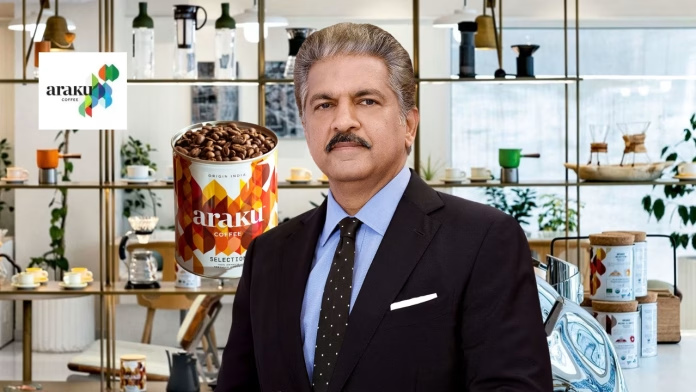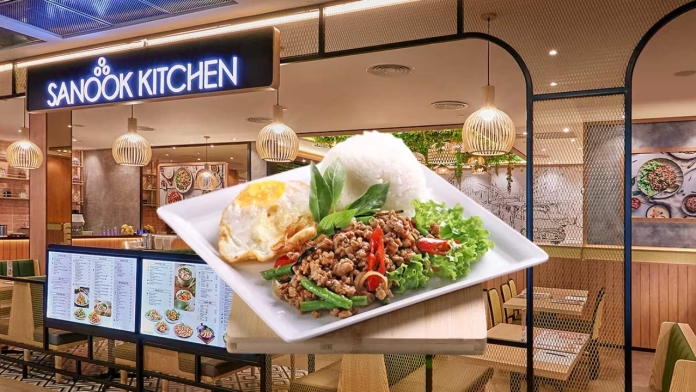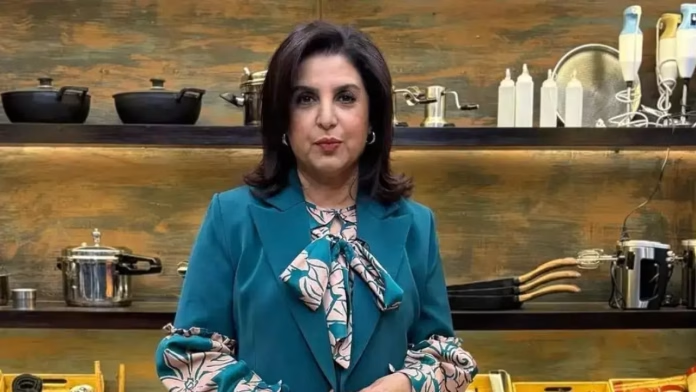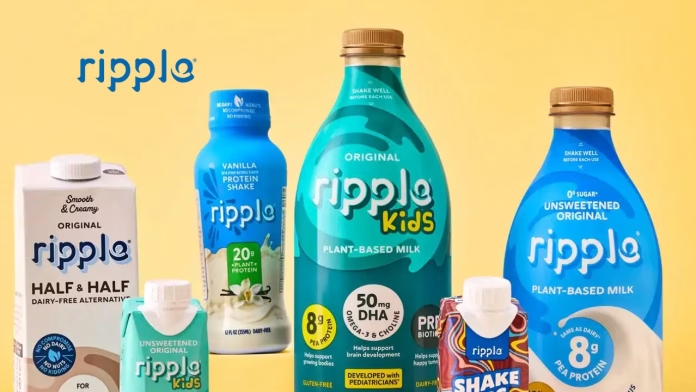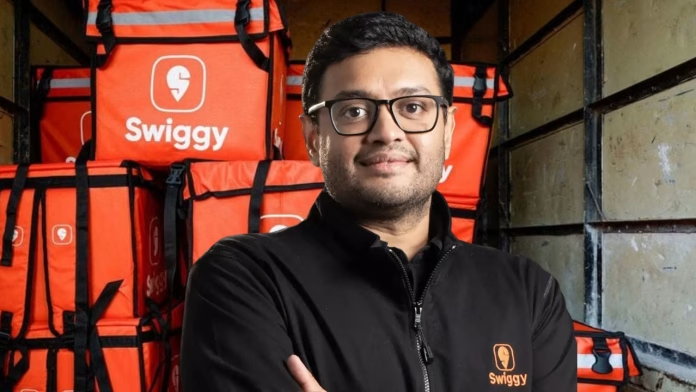Araku Coffee has added another bright chapter to its story by opening its sixth global outlet, drawing warm appreciation from business leader Anand Mahindra. The brand already has a presence in Paris, Mumbai and Bengaluru, and this new opening signals how far Indian coffee has come. What began as a quiet movement from the Araku Valley has slowly grown into a label that stands with confidence in front of global consumers.
The rise of Araku Coffee feels special because it highlights the power of beans grown in India. For years, the world has looked toward countries like Brazil and Ethiopia for premium origins. Now Indian coffee growers and Indian brands are stepping into conversations that once felt distant. Araku’s success acts as a gentle confirmation that homegrown players can hold their space in a crowded market where quality matters more than hype.
This growth is also a moment of pride for the tribal farmers of the Araku Valley whose careful cultivation built the foundation for the brand. Their work has travelled from the hills of Andhra Pradesh to shelves and cafes across major cities. That is not just business expansion. It reflects faith in Indian craftsmanship.
The bigger question that naturally comes up is whether Araku can one day become a global household name the way Starbucks did. It is still early to make such predictions, but Araku has something that sets it apart. It offers a clear identity, clean sourcing and a story that feels real. If it continues to expand at a steady and thoughtful pace, India might finally see a local coffee brand rise on the world stage in a lasting way.

